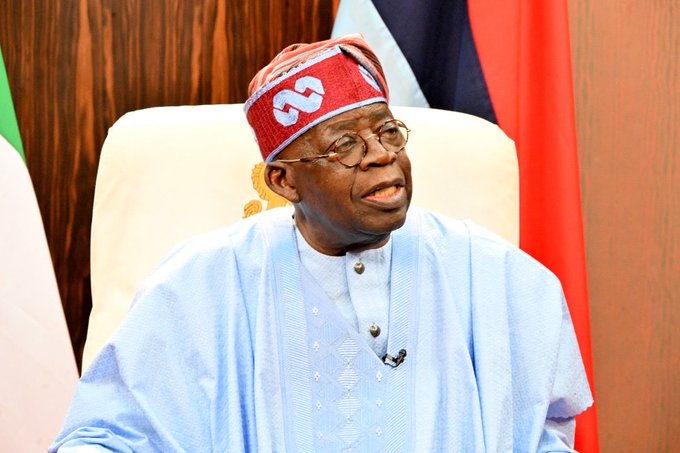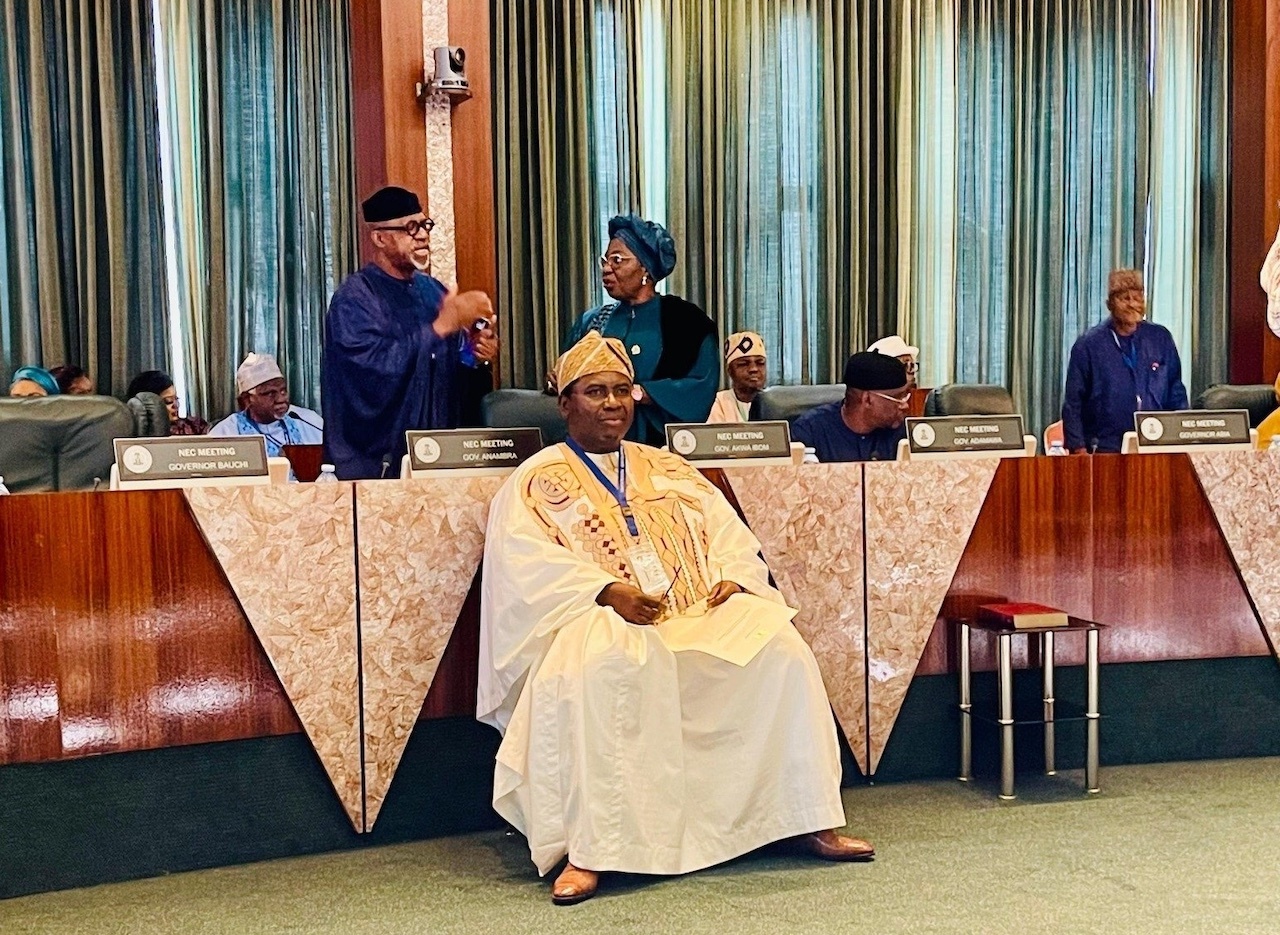
• Police expand Interpol anti-crime network
There are concerns in the nation’s security circles over the incessant leakage of official secrets to the public. The Guardian’s inquiry revealed that official documents in the country are categorised into restricted, confidential and top secrets, in order to ensure information is controlled within the classified space.
But recent events indicate that classified government memos are being leaked, exposing the country to espionage and unhindered access to political, economic, military and other forms of information about Nigeria by foreign competitors.
Section (1) sub (2) of the Official Secret Act says that “A public officer who fails to comply with any instructions given to him on behalf of the government as to the safeguarding of any classified matter which by virtue of his office is obtained by him or under his control is guilty of an offence.”
It was learnt that recently, many government communication documents are not classified, even if their exposure can lead to the compromise of national security.
Ostensibly worried about the nonchalance by civil servants, an internal memo was circulated by the Assistant Director (Media) in the Office of the Head of Civil Service of the Federation (HoCSF) Mohammed Manga in 2015 to all Ministries, Departments and Agencies (MDAs) directing all civil servants to avoid sanctions by ensuring that classified documents were handled with utmost confidentiality.
The circular read in part: “Some officers are in the habit of using classified government documents, including those of the Federal Executive Council (FEC) for purposes outside of what is required, even though the classified documents, as the name implies, were graded as restricted, confidential, secret or top secret and contain information not meant for public consumption. Exposing such information to the public might have an adverse effect on national security.”
These lapses also show the low level of awareness of civil servants about national security and the need for capacity building in the public sector to increase operational efficiency.
Reacting to the issue, a retired intelligence officer now a practising security expert, Samson Ogochin said the civil servants had set aside the categorisation by the government. “They just distribute documents without minding how they are delineated. That is the level of confidentiality at which the document should be handled. That is probably the problem, because if you don’t categorise it, it would be treated as an ordinary document,” he said.
Kabir Adamu, chief executive Officer of Beacon Security said: “Depending on the clearance you have, there are limits to which document you can access. That, for me, is the beginning of the awareness by civil servants. There appears to be a failure of such a policy to safeguard such documents, despite the presence of the relevant departments like counter-intelligence in the Department of State Services (DSS) to ensure that government documents are appropriately protected,” he said.
For Muyiwa Adegbegba, government documents, even confidential ones, are not being handled well. “One understands that development and innovations have made it easy to obtain information without going through the formal procedure. Still, more needs to be done. You find vital government documents used in
wrapping akara (beans cake) with all the information still intact.
“So the absence of a functional government policy on appropriate sanctions for erring officers or the non-implementation of the policy is the reason for the exposure,” Adegbegba said.
On how it affects the nation, Adamu stated that besides the embarrassment it causes government, economic espionage is another consequence.
“Right now the biggest type of espionage that is being perpetrated is economic espionage. You cannot leave yourself open while competing in the larger space, like the competition between the economies of South Africa and Nigeria.”
Some stakeholders suggested making a legislation or reviewing the public service rules to spell out stiffer sanctions on errant staff.
Meanwhile, as part of efforts to secure the nation against transnational crimes, the Nigeria Police Force has expanded the Interpol I-24/7 global communication system to link other security and law enforcement agencies in the country.
The I-24/7 communication system network, developed by the International Criminal Police Organisation (ICPO), otherwise called INTERPOL, connects the 190-member countries of the oganisation worldwide. It enables authorised users to share sensitive and urgent police information with their counterparts around the globe, 24 hours a day, 365 days a year, with the ability to search and cross-check data in seconds.
The Inspector General of Police (IGP) Ibrahim Idris launched the newly refurbished National Centre Bureau (NCB) at the Force Headquarters in Abuja yesterday, where the expansion and extension of the I-24/7 network system to other law enforcement agencies, ministries and departments in Nigeria, was enhanced.
Idris said the timing of the initiative was apt, “considering that adequate synergy and collaboration is required now more than ever to check the menace of criminalities within the country and transnational organised crimes.”
Facilitated by INTERPOL Systems Consultants, Chukwu Udensi-led Sheik and Bishops Company, the expansion to agencies like the Nigeria Immigration Services (NIS) at the borders, will facilitate direct access to databases on suspected criminals or wanted persons, stolen and lost travel documents, stolen vehicles, fingerprints and DNA profiles.
The IGP said it was one of the pivotal instruments designed to actualise his vision of securing the nation and ensuring the safety of lives and property of Nigerians.





